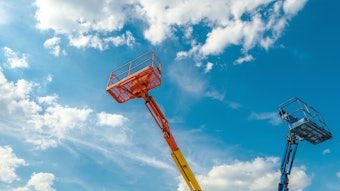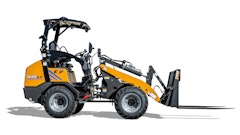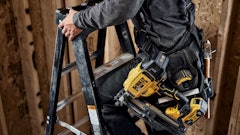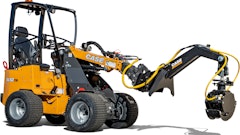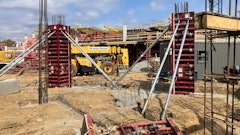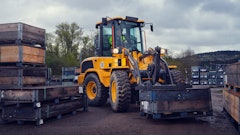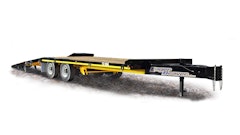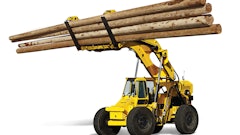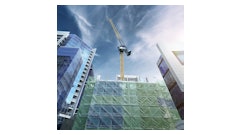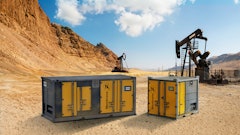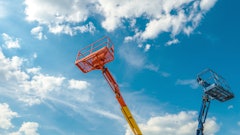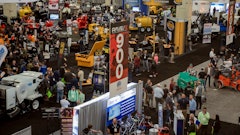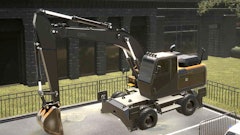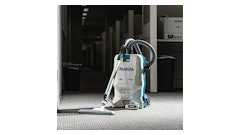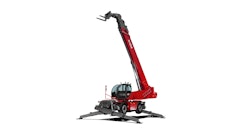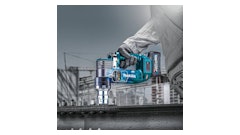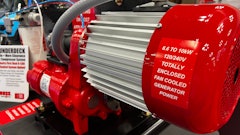
By Greg Strid, general manager of Mastclimbers LLC, an Atlanta rental and training company.
Eighteen years ago, Mastclimbers LLC, in Atlanta, formed the first IPAF training center in North America. It’s the only active training center devoted specifically to training operators and installers of mast-climbing work platforms (MCWPs), construction hoists, and transport platforms. We have two in-house senior IPAF instructors, two IPAF instructors, and one trainer - an above-industry-average ratio of safety professionals to workers, especially for a rental company with only 40 employees.
Mastclimbers LLC has the reputation for doing the jobs no one else can or wants to do. But we take on the challenges to earn the big jobs everyone wants. In the old days, the customer told us to “put it up over there – we need it tomorrow.” Needless to say, times have changed. Pre-install protocol now requires detailed contracts including documented plans, drawings, and schedules, stamped engineering, sub and general contractor planning meetings, job hazard analysis, job-site-specific safety plans, drug screenings and background checks, training certification verification, and on-site safety orientations. Our customers have an army of staff equipped with technology to document every step of the way. If the pre-COVID economic expansion in the U.S. did anything, it gave companies plenty of cash to hire well-educated safety professionals to adhere to and monitor safe-use practices in our industry.
Some will say that all this scrutiny slows the schedule. It may seem that way, but nothing destroys schedule and creates second-guessing like an accident, or worse, a fatality on a jobsite. Safety training and equipment inspections have become more and more a priority. That’s why we use the IPAF curriculum and training program for our own people and our customers. The days of saying, “Do you know how to use this? Ever been on one of these before? Here are the keys…” are long gone.
A few years ago, a seasoned OSHA director spoke at a function IPAF hosted in Atlanta. He said that when he gets a trainer on the witness stand in a litigation, he looks for three things: How qualified is the trainer? How long did he or she spend with the person he or she was training? And did the person being trained understand the training in their native language?
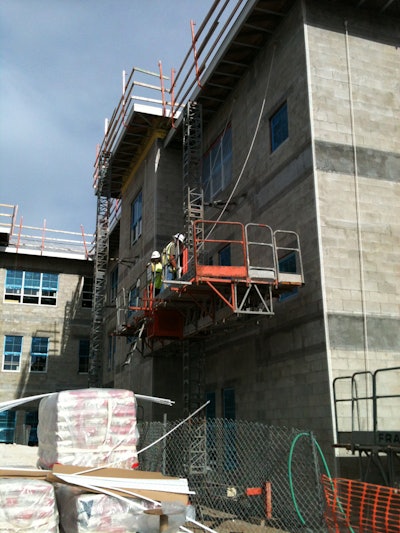
One of the best inspectors of tower cranes in our neck of the woods once told me that his motto is, “It’s either right or it’s not!” That stuck with me. OSHA law, ANSI standards, and manufacturers’ guidance is a relatively finite universe. Vagueness is not the reality. If and when changes to any of the three occur, we have to know and adjust.
The folks at IPAF, who created our training programs for MCWPs and construction hoists, are experts from all over the world, who sit on the various standard committees and/or represent manufacturers of our equipment. If, God forbid, we were being investigated for an accident, we don’t have to say our training was put together by “two men in a truck.” The integrity of the IPAF training stands on its own; since 1983 created and scrutinized by dedicated experts globally.
The way we look at it, safety is essential to the health and wellbeing of our valued employees and customers, especially when working at height. And having a safety training and inspection program created and audited by a third-party organization like IPAF is a valuable risk management tool in commercial construction.
Be safe and make today count!





